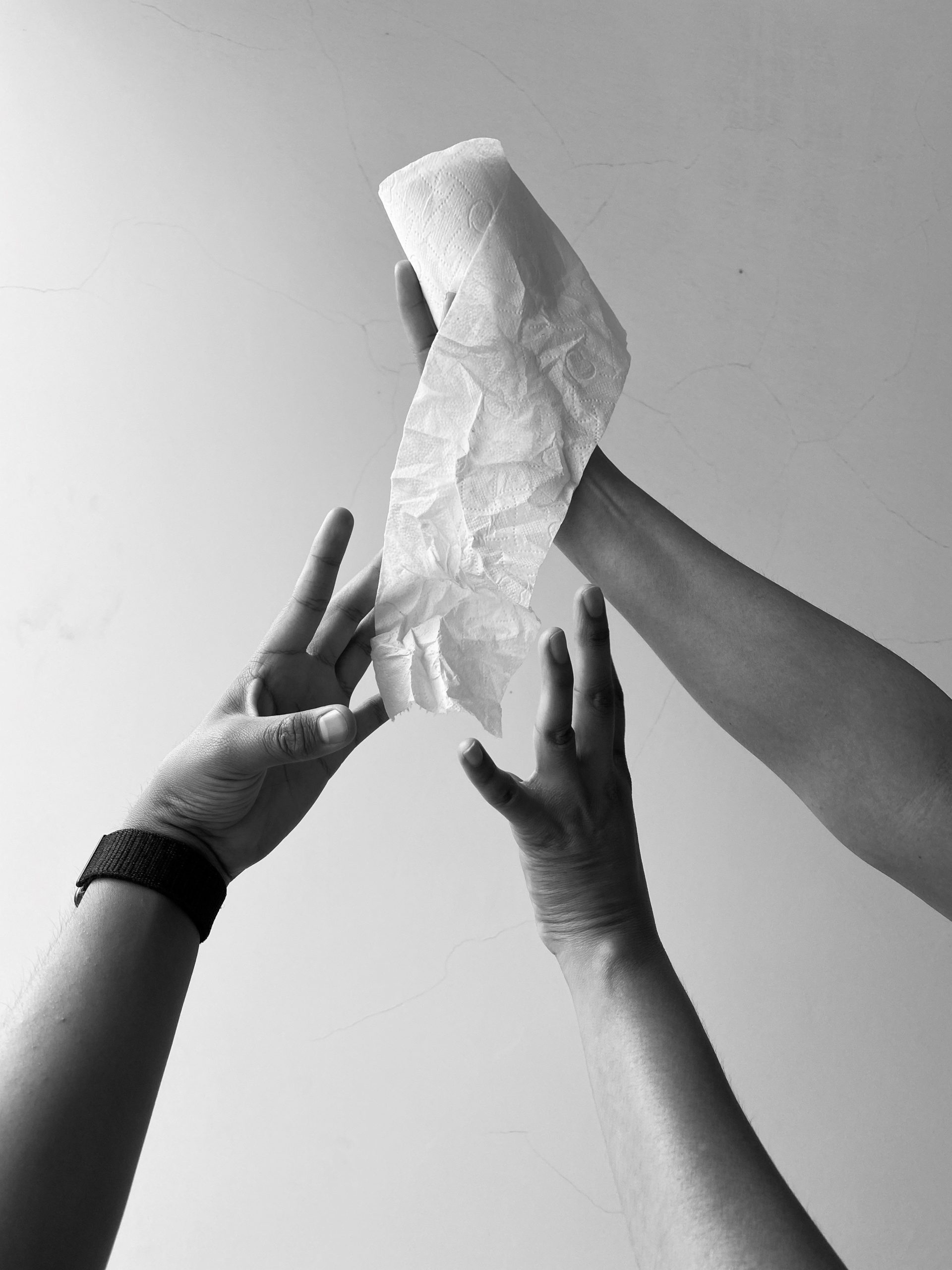Interoception is the body’s ability to sense and understand internal bodily signals. Interoception allows us to recognise our body’s cues for hunger, toileting, and sensations of various emotional states.
In the context of toileting, children with poor interoception may struggle to recognise the need to urinate or have a bowel movement.
Impact of Poor Interoception on Toileting
- Inconsistent Awareness: Children with poor interoception may not consistently recognise when they need to use the toilet. This can result in accidents as they may not feel the typical sensations associated with a full bladder or bowel.
- Delayed Toilet Training: Poor interoception can slow down the toilet training process. Children may take longer to connect bodily sensations with the appropriate response. This can be frustrating for both the child and the caregiver.
- Dependence on External Cues: Some children with poor interoception may rely on a caregiver telling them when to use the toilet, rather than internal signals, impacting their progress towards independence.
- Emotional Impact: Frequent accidents and difficulties with toileting can lead to emotional distress. It is important to approach these developmental skills with sensitivity and understanding.
Tips for Supporting Children with Poor Interoception:
- Create a Routine: Establish a regular toileting schedule to help children anticipate restroom breaks even when they cannot feel the cues. Consistency can support building safety of toileting.
- Foster Communication: Create an environment where it is safe and encouraged to talk about body sensations. Narrating your own sensations aloud is a good place to start.
- Encourage Physical Play: Activities that stimulate the body’s vestibular system, such as swinging, spinning, and climbing help children to build foundation body awareness.
At Family Connections, we use the support of the Safe and Sound Protocol (SSP) to increase the connection between the brain and body. If your child is struggling with interoception, the SSP is a powerful first step to changing the brain. Talk to your therapist to find out more!
Building interoceptive awareness in a child can be a journey marked by small steps and occasional setbacks. By staying patient and providing consistent support, caregivers can help their children make progress and gain confidence.
Author: Allison Hunt – Occupational Therapist


0 Comments